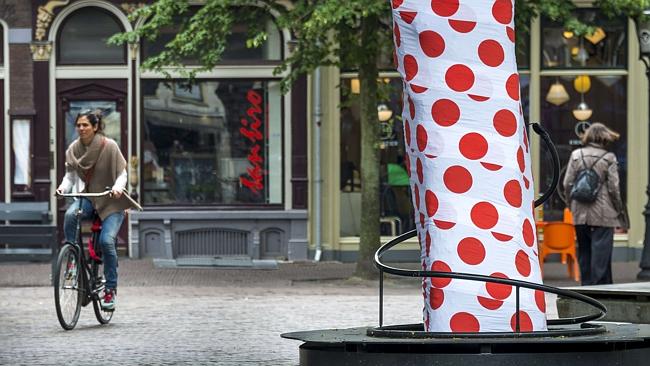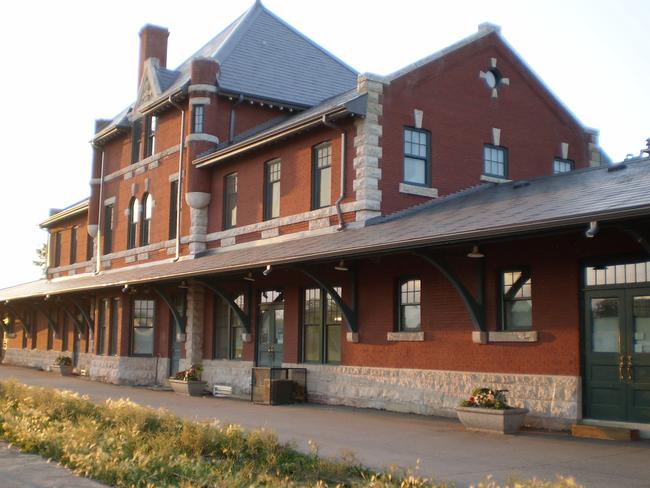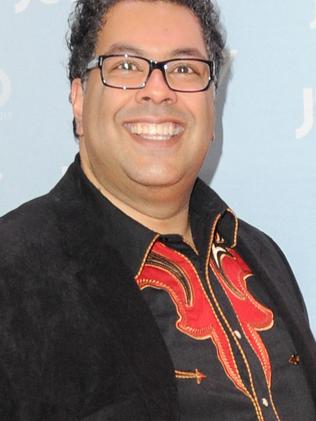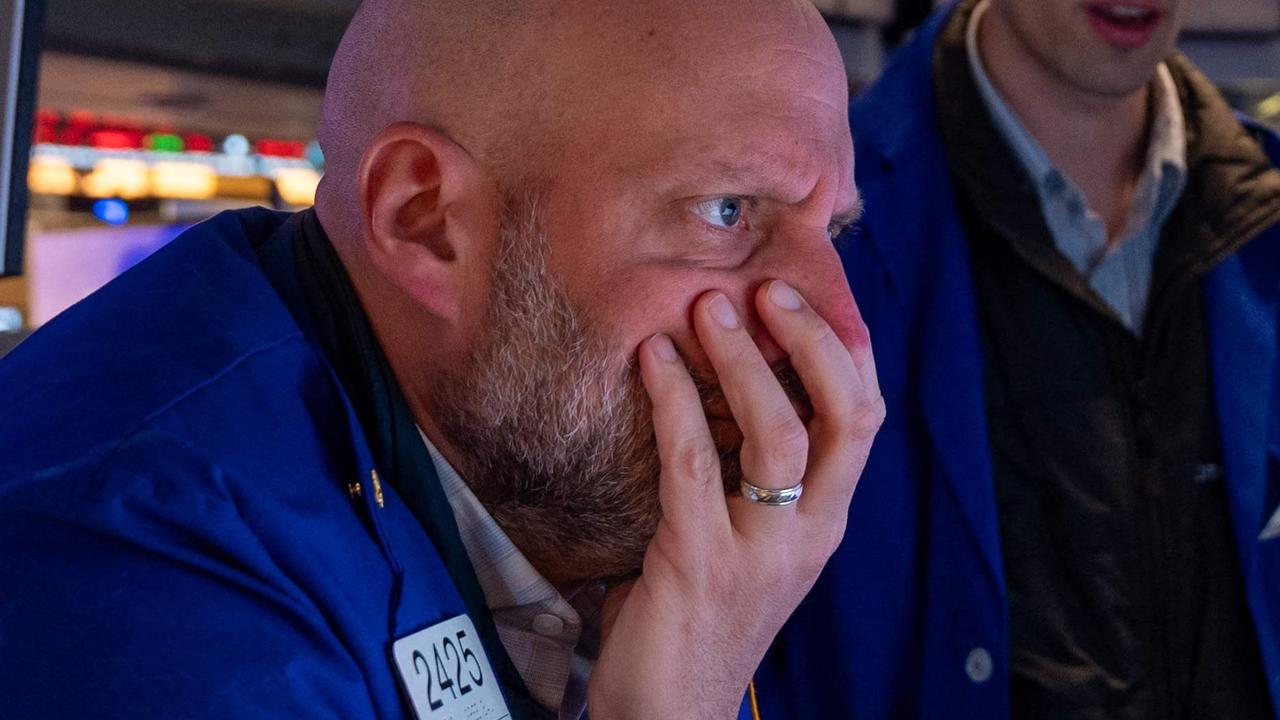Why these people are getting $1000 a month for doing nothing
THIS city is holding a daring social experiment based on a surprising idea: give everyone an unconditional basic income, and they will thrive. Could it work?

LIFE is about to become very sweet for people living in the historic Dutch city of Utrecht.
They are taking part in a unique social experiment, in which they will receive a regular wage for doing absolutely nothing.
The paychecks will range from $1300 a month for a single adult to $1880 for a family.
It is based on an old idea that a “basic income” — a universal, unconditional payment — can improve people’s lives, allowing for flexible work, study and care.
The city has teamed up with University College Utrecht to devise the experiment, which will initially involve 300 people who are already receiving welfare.
A group of around 50 will receive the basic income without any conditions, so even if they get a job or find another source of income, they will still get the money, project manager Nienke Horst told Quartz.
Three other groups will have a variety of conditions attached to their payments, and a control group will follow existing welfare law, with its requirements around jobseeking and qualifying income.

The city’s head of work and income, Victor Everhardt, told DeStad Utrecht that existing benefits schemes were “very complex control systems” based on “mistrust”.
“People on benefits are often faced with multiple arrangements ... special assistance, housing benefit, child benefit and so on,” he said. “And all those schemes have their own controllers, a forest of rules and enforcement. It’s easy to get stuck.”
The basic income idea may sound like a recipe for disaster, but it has been trialled with great success in other communities, most famously in a tiny farming town in Canada, 40 years ago.
Much to everyone’s surprise, the people of Dauphin, Manitoba, thrived in almost every way during the groundbreaking experiment.
Doctors visits and hospitalisations declined, mental health improved and more students completed high school. Fears that the guaranteed “Mincome” (minimum income) would make people lazy proved unfounded. The only people who significantly cut their working hours were students (meaning greater lifetime earnings) and new mothers.


In December, Professor Guy Standing wrote in The Guardian about three unconditional basic income schemes the University of London had conducted in India, funded by Unicef. They found positive effects on health, sanitation, education, the lives of vulnerable people, and, most significantly for the sceptics, an upturn in economic activity and work.
But he warned that popular “conditional cash transfer” schemes don’t work — the system has to be unconditional. Poverty targeting was “morally dubious and paternalistic”, he explained, and huge inclusion and exclusion errors meant it “always fails”.
Evelyn Forget, who wrote a report on Dauphin in 2011, told Quartz that this was the main problem with the Utrecht plan so far. “What you lose by limiting the program to current welfare recipients is the possibility of making life better for the working poor — people earning low wages in part-time or contractual jobs who sometimes fall between the cracks of the existing system. When you have a program with more freedom, people have the power to take responsibility for their own decisions and, I think, the outcomes will be beneficial.”
An unconditional basic income is also thought to be capable of reducing the “brain drain” from poor to richer countries.
Many leaders and thinkers — from mayors in Canada to crowdfunders in Germany — are fans of idea, and want to try it in their cities.
They will be looking to Utrecht to see how this remarkable social policy can work.



